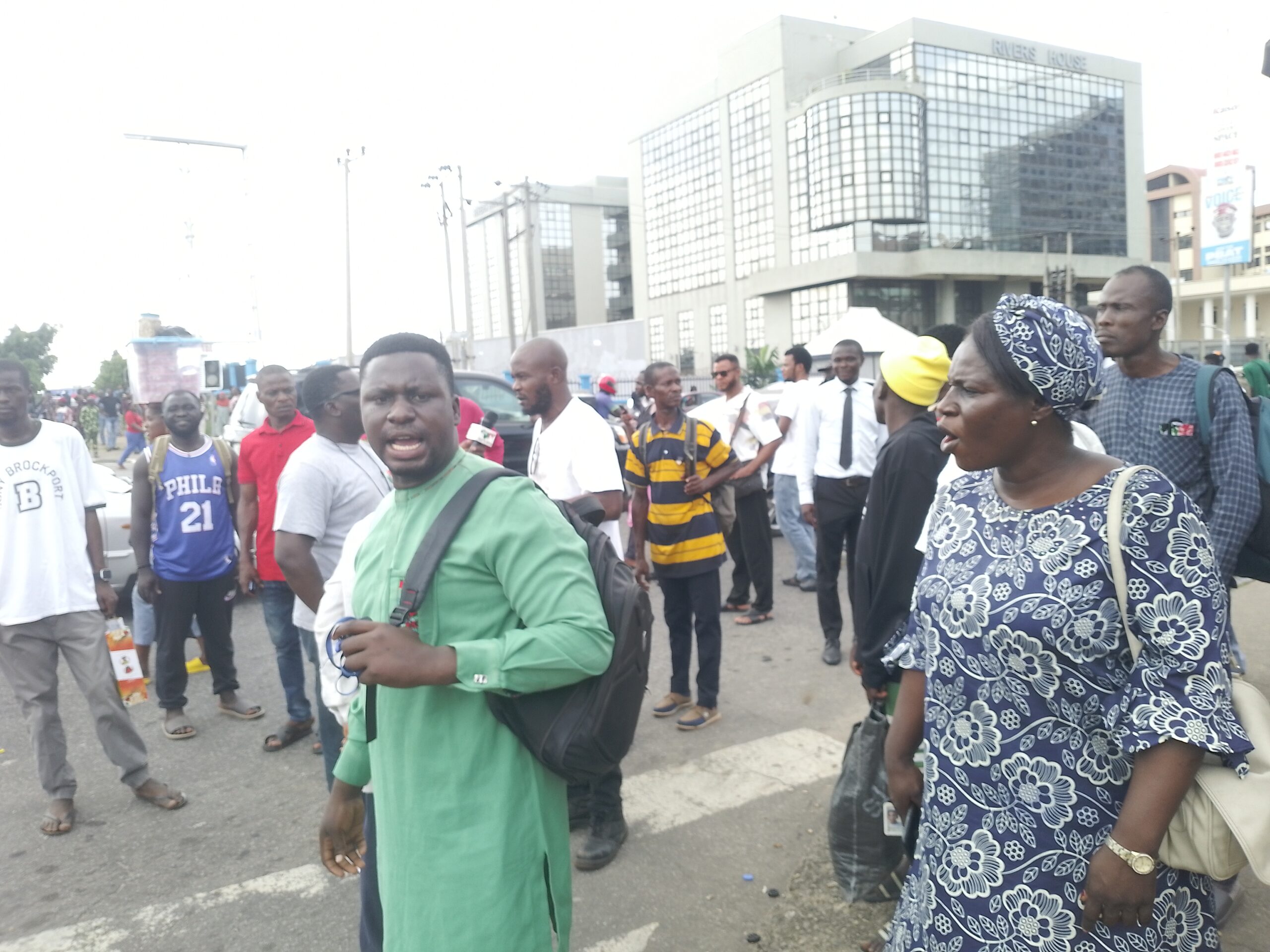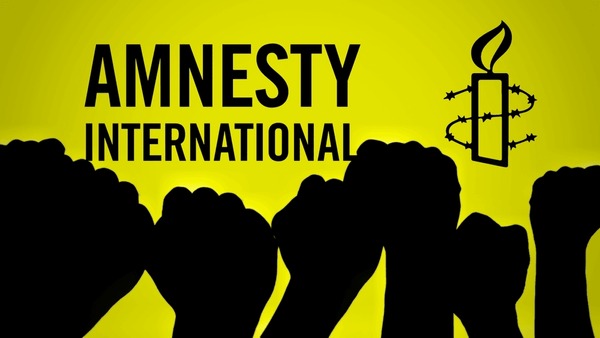Experts Push for CNG and Electric Buses to Drive Cleaner, Safer Transport in Lagos

Professor Iyiola Oni, Director of the Multi-Modal Transport Centre at the University of Lagos, has emphasised that the adoption of Compressed Natural Gas (CNG) and electric buses is critical to addressing the environmental challenges posed by Lagos’ current transport system.
Speaking at the EcoMove Lagos 2025 Conference on Tuesday, Oni highlighted that transitioning from petrol and diesel vehicles to cleaner alternatives is not just environmentally responsible, but also crucial for public health and urban quality of life.
The conference, themed “EcoMove: Connecting Communities, Reducing Emissions – The Role of Public Transportation in Achieving Sustainable Goals,” brought together stakeholders to discuss the future of sustainable mobility.
“Lagos, Africa’s most populous city, continues to face serious issues like traffic congestion and air pollution, worsened by outdated public transport modes such as the diesel-powered ‘Danfo’ minibuses,” Oni said.
He acknowledged recent reforms by the Lagos State Government, including the introduction of Bus Rapid Transit (BRT) systems, the Lagos Rail Mass Transit (LRMT) project, and the rollout of CNG-powered buses.
“These are not just infrastructure projects,” he noted. “They are about connecting communities, promoting social inclusion, and ensuring that all residents—regardless of income, age, or ability—have access to clean, safe, and affordable transport options.”
Oni also cited the Lagos State Transportation Master Plan (LSTMP) as a framework guiding improvements such as smart ticketing, non-motorised transport infrastructure, route optimisation, and integrated multi-modal systems across road, rail, and waterways.
However, he pointed out that persistent challenges—including limited funding, policy gaps, and poor maintenance culture—still hamper full implementation. He called for increased investment, stronger institutional frameworks, and widespread public awareness campaigns to sustain progress.
“Cleaner transport is not a luxury—it is a necessity for a healthier, more resilient Lagos. The city’s move toward greener mobility is expected to reduce emissions, improve productivity, shorten travel time, and generate new economic opportunities,” Oni stated.
Also speaking at the event, Ekiti State Commissioner for Transportation, Mr Kehinde Ajobiewe, praised the initiative, saying that environmental protection is essential to public wellbeing. He revealed that Ekiti State is set to adopt electric and CNG buses from the Federal Government and has already established vehicle conversion centres.
READ ALSO: Nigeria Govt Achieves Historic Nursing Enrollment Surge, Rising from 28,000 to 115,000 in One Year
Lagos State’s Senior Special Assistant to the Governor on Transportation, Mr Toyin Aremu, reinforced the campaign’s goal of promoting sustainable and inclusive mobility. He encouraged residents to take advantage of the city’s underutilised waterways—currently operating at 22% capacity—and reduce dependence on road traffic.
“We’re urging Lagosians to embrace public transport, and to consider using just one car per household for outings,” Aremu said. “This simple shift can ease congestion, shorten travel time, and enhance productivity.”





